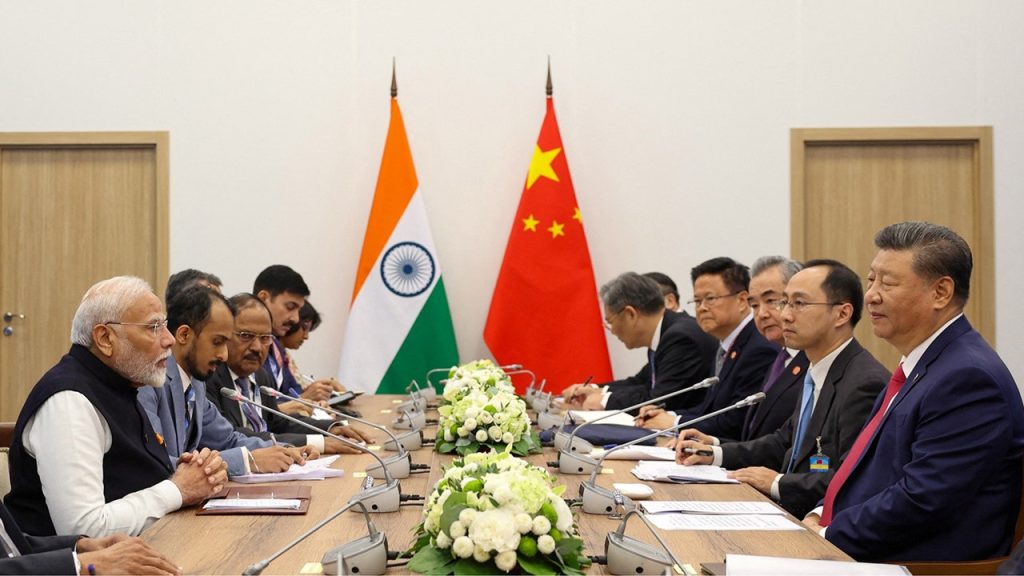India and China have started implementing an agreement to end a military standoff on their disputed Himalayan border, marking the biggest thaw between the two Asian giants since deadly clashes between their armies four years ago. Troops at two points on the frontier in India’s Ladakh region in the western Himalayas have begun pulling back, with the process expected to be completed by the end of the month. The agreement follows a deal earlier in the week on patrolling the frontier, paving the way for the first formal talks in five years between President Xi Jinping and Prime Minister Narendra Modi on the sidelines of the BRICS summit in Russia.
A government official in New Delhi confirmed that troops on both sides had started withdrawing from the areas of Depsang and Demchok, the last remaining points where they had faced each other. Troops are also set to remove huts, tents, and vehicles brought to positions during the conflict that began in April 2020. This will allow both forces to resume patrolling the frontier as they did before the standoff. India’s foreign ministry did not immediately comment on the agreement, which is expected to improve political and business ties damaged by the deadly clashes in 2020 that resulted in the deaths of Indian and Chinese troops in the Galwan Valley.
Both countries have not disclosed details of the new pact, which aims to boost communication and cooperation to help resolve conflicts. However, Indian officials remain cautious, only willing to take small steps toward enhancing economic ties with Beijing due to the trust deficit built over the last four years. India had severed direct air links with China, banned Chinese mobile applications, and imposed strict vetting on Chinese investments, blocking major proposals. While India may consider easing restrictions on travel and visa approvals following the recent de-escalation, it is not ready to reverse all measures taken against Beijing anytime soon.
The two Asian giants have a history of border disputes, going to war in 1962, and have struggled to delineate their border, which has been a source of constant tension in their relations. The recent agreement to end the military standoff and resume diplomatic dialogue signals a positive shift in their relationship, offering hope for improved ties in the future. The withdrawal of troops from the disputed areas is a significant step towards de-escalation, with the expectation of building more trust and cooperation between the two nations. Immediate actions include removing structures and vehicles from the contested areas in Ladakh, allowing both sides to return to normal patrolling practices along the frontier.


